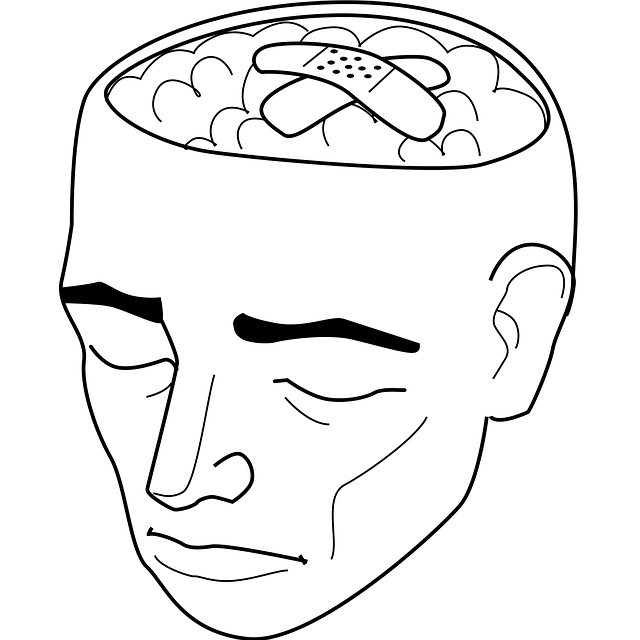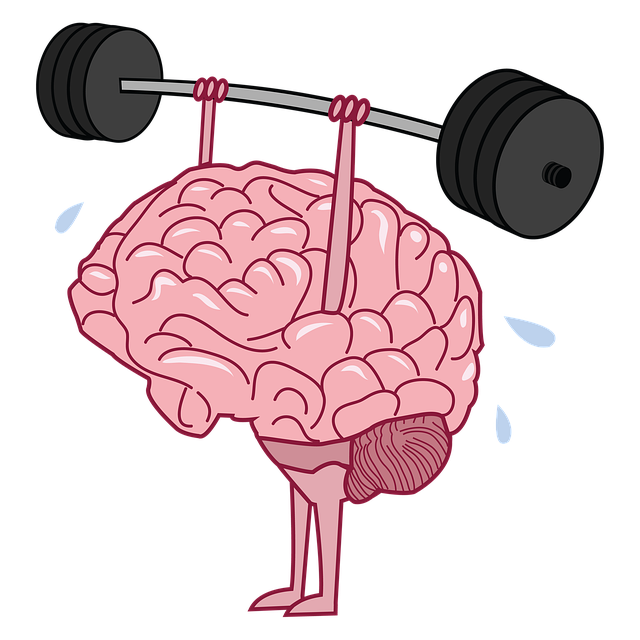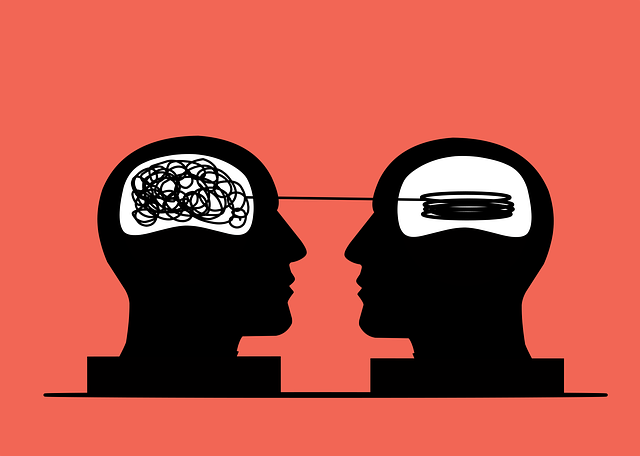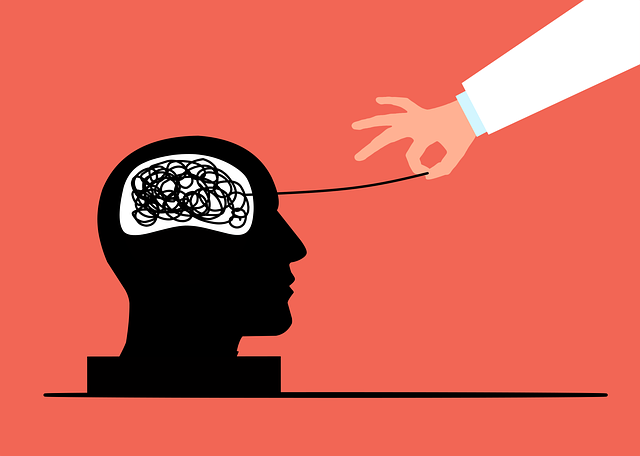Mental illness diagnoses are essential for effective navigation of treatment options, with standardized assessments and tailored therapies like Arvada Mindfulness Therapy (AMT) offering holistic support. AMT combines mindfulness practices with traditional diagnostics, empowering individuals to manage stress, anxiety, and depression through self-awareness and open communication. Navigating mental health care involves understanding diverse options, including medication and therapy, while building supportive networks and prioritizing self-care are crucial for recovery. Incorporating AMT into accessible platforms can reduce mental health stigma, promoting early intervention and proactive mental wellness management.
Mental illness diagnoses can be overwhelming, but with the right navigation assistance, recovery is achievable. In this comprehensive guide, we explore various aspects of managing mental health conditions, including understanding diagnoses, leveraging Arvada Mindfulness Therapy for effective treatment, and navigating a range of options from medication to support networks. By delving into self-care strategies, individuals can foster mental wellbeing after diagnosis, emphasizing the holistic approach to healing. Discover practical insights tailored to enhance your journey towards recovery.
- Understanding Mental Illness Diagnoses: A Comprehensive Guide
- The Role of Arvada Mindfulness Therapy in Treatment
- Navigating Treatment Options: Medication, Therapy, and More
- Building a Supportive Network for Recovery
- Self-Care Strategies for Mental Wellbeing After Diagnosis
Understanding Mental Illness Diagnoses: A Comprehensive Guide

Understanding mental illness diagnoses is a crucial first step for anyone seeking navigation assistance, such as that offered by Arvada Mindfulness Therapy. Each mental health condition has its unique set of symptoms and characteristics, making accurate diagnosis essential for effective treatment. Professionals use standardized tools and assessments to evaluate these symptoms, ensuring a comprehensive understanding of the individual’s experiences. This process involves detailed interviews, surveys, and sometimes physical examinations to rule out other potential causes.
With proper diagnosis comes the ability to tailor treatments accordingly. Techniques like emotional intelligence and conflict resolution skills can be integrated into therapeutic practices, as evidenced by strategies employed in Risk Management Planning for Mental Health Professionals. These approaches not only enhance patient care but also foster a supportive environment that encourages open communication and resilience. By demystifying diagnoses, individuals can better navigate their mental health journeys and embrace effective therapeutic interventions.
The Role of Arvada Mindfulness Therapy in Treatment

Arvada Mindfulness Therapy plays a pivotal role in navigating mental health treatment, offering a holistic approach that complements traditional diagnostic practices. This therapeutic method focuses on training individuals to be fully present and aware of their thoughts, feelings, and bodily sensations without judgment. By fostering self-awareness, Arvada Mindfulness Therapy empowers patients to develop coping mechanisms for managing stress, anxiety, and depression. It also serves as an effective burnout prevention strategy for healthcare providers, who often face intense pressure when assisting others with mental illness.
Incorporating mindfulness into the mental wellness podcast series production can further enhance its benefits. These podcasts, featuring expert discussions on various topics like self-esteem improvement, offer accessible platforms for learning and sharing experiences. They contribute to a broader mental wellness culture, encouraging open conversations about mental health struggles and successful coping strategies. This, in turn, can reduce stigma and promote early intervention—key aspects of navigating mental illness effectively.
Navigating Treatment Options: Medication, Therapy, and More

Navigating treatment options can be a daunting task for anyone newly diagnosed with mental illness. Beyond initial assessments and diagnoses, individuals often face a complex web of choices: medication, therapy, support groups, or a combination thereof. Understanding each option is crucial, as personal needs vary greatly. For instance, while prescription medications can help regulate chemical imbalances, they may not address underlying emotional or psychological factors. Conversely, Arvada Mindfulness Therapy focuses on cultivating mindfulness and self-awareness to gain better control over one’s thoughts and emotions, empowering individuals with communication strategies and confidence boosting tools that extend beyond the therapy room.
Integrating mind over matter principles, this holistic approach encourages patients to embrace a proactive mindset in managing their mental health. By weighing the pros and cons of each treatment modality, individuals can make informed decisions tailored to their unique circumstances. Effective navigation requires open communication with healthcare providers, a willingness to try different approaches, and recognizing that healing is often a multifaceted journey.
Building a Supportive Network for Recovery

Building a Supportive Network is an integral part of the recovery journey for those facing mental illness. At Arvada Mindfulness Therapy, we emphasize the power of community and connection in fostering resilience and healing. By fostering a network of support, individuals can access a range of resources tailored to their unique needs. This includes connecting with like-minded peers who understand the challenges, providing emotional support through peer groups or online forums, and offering practical assistance during difficult times.
Furthermore, a robust Support Network ensures that individuals receive consistent encouragement and accountability throughout their treatment process. Mental Health Professionals play a crucial role in guiding this network, conducting thorough Risk Assessments to identify potential hazards and implementing strategies for Mental Illness Stigma Reduction Efforts. Through these collaborative efforts, the focus shifts from isolation to emotional well-being promotion techniques, creating an environment conducive to recovery and personal growth.
Self-Care Strategies for Mental Wellbeing After Diagnosis

After receiving a mental illness diagnosis, prioritizing self-care becomes an integral part of the healing journey. Individuals often find solace in various strategies that support their mental wellbeing. One powerful tool is mindfulness therapy, offered by Arvada Mindfulness Therapy, which encourages individuals to focus on the present moment and cultivate awareness of thoughts and emotions without judgment. This practice helps manage symptoms and promotes a sense of calm.
Incorporating self-care routines can include activities such as regular exercise, maintaining a balanced diet, adequate sleep, and engaging in creative outlets. Additionally, learning conflict resolution techniques through professional guidance enables individuals to navigate interpersonal challenges effectively. Community outreach program implementations also play a vital role in fostering support networks, providing resources, and facilitating emotional healing processes among peers facing similar struggles.
Diagnosing and navigating mental illness can be overwhelming, but with the right resources, recovery is achievable. By understanding mental health conditions through comprehensive guides like this one, exploring evidence-based treatments such as Arvada Mindfulness Therapy, and building a supportive network, individuals can take control of their mental wellbeing. Remember, effective treatment plans often combine medication, therapy, and self-care strategies tailored to individual needs. With dedication and the right support, healing and a brighter future are within reach.










